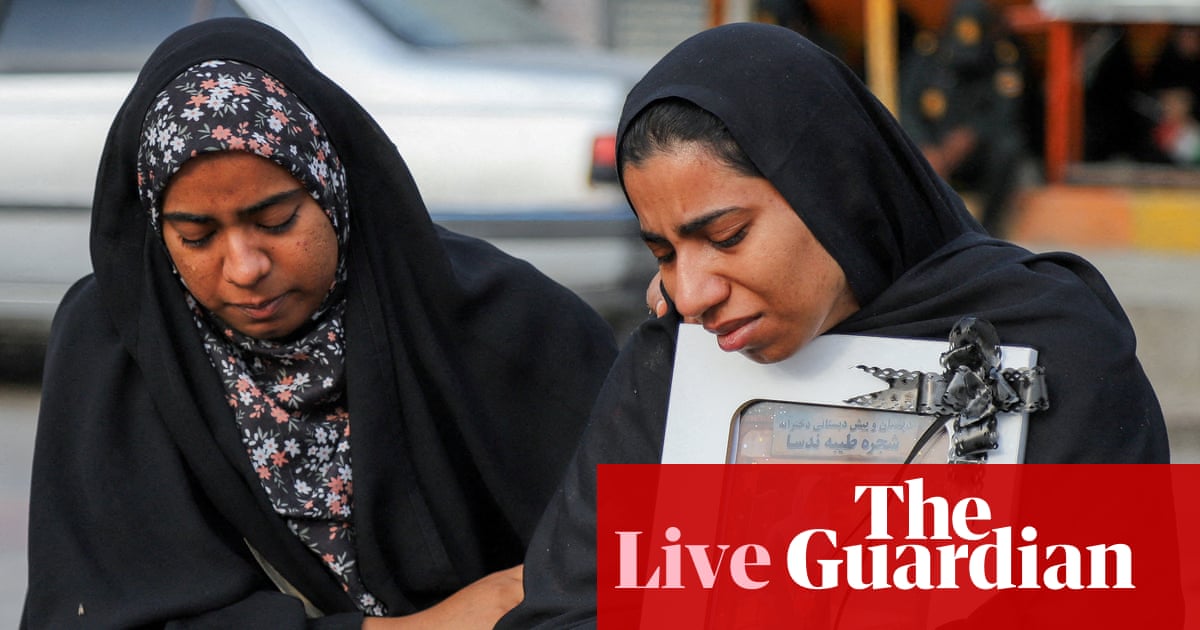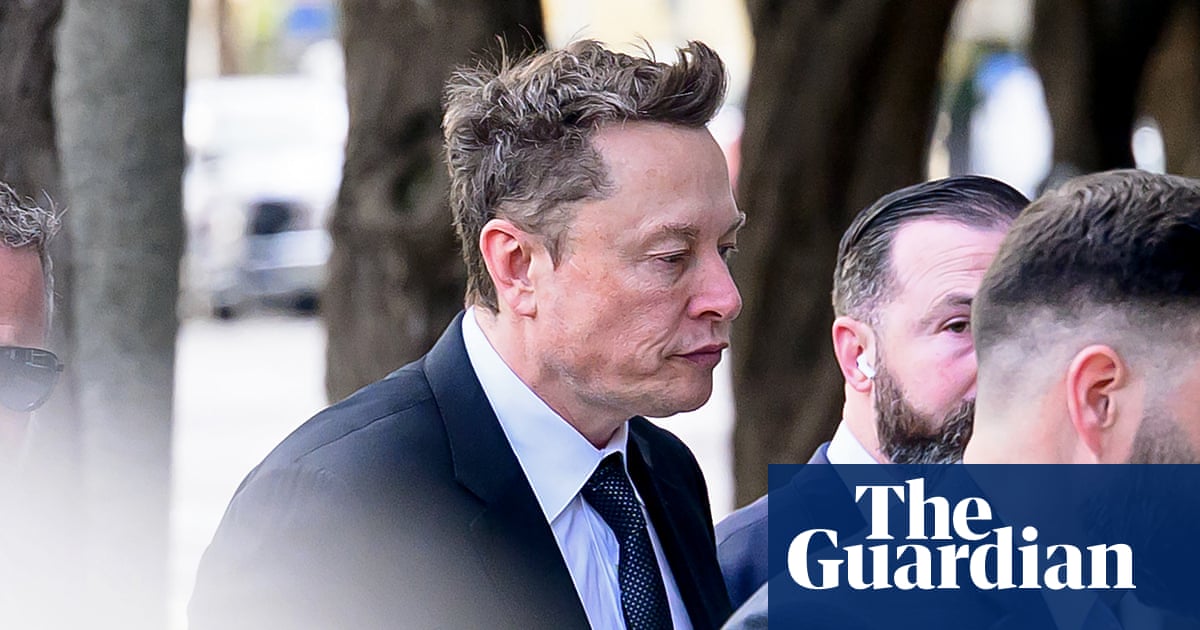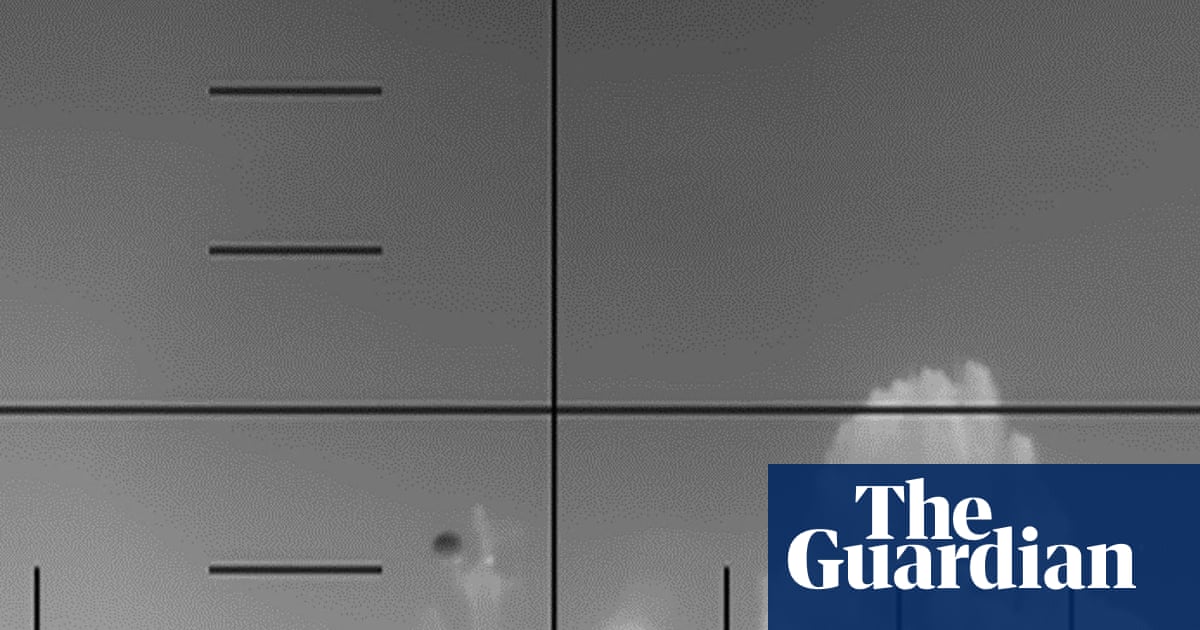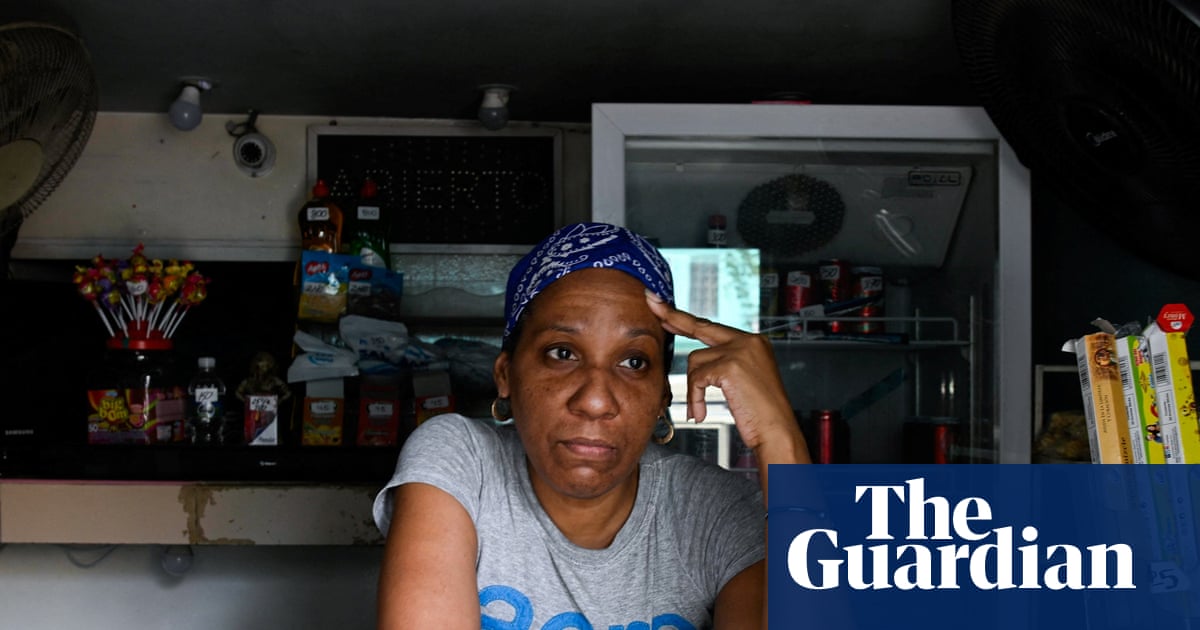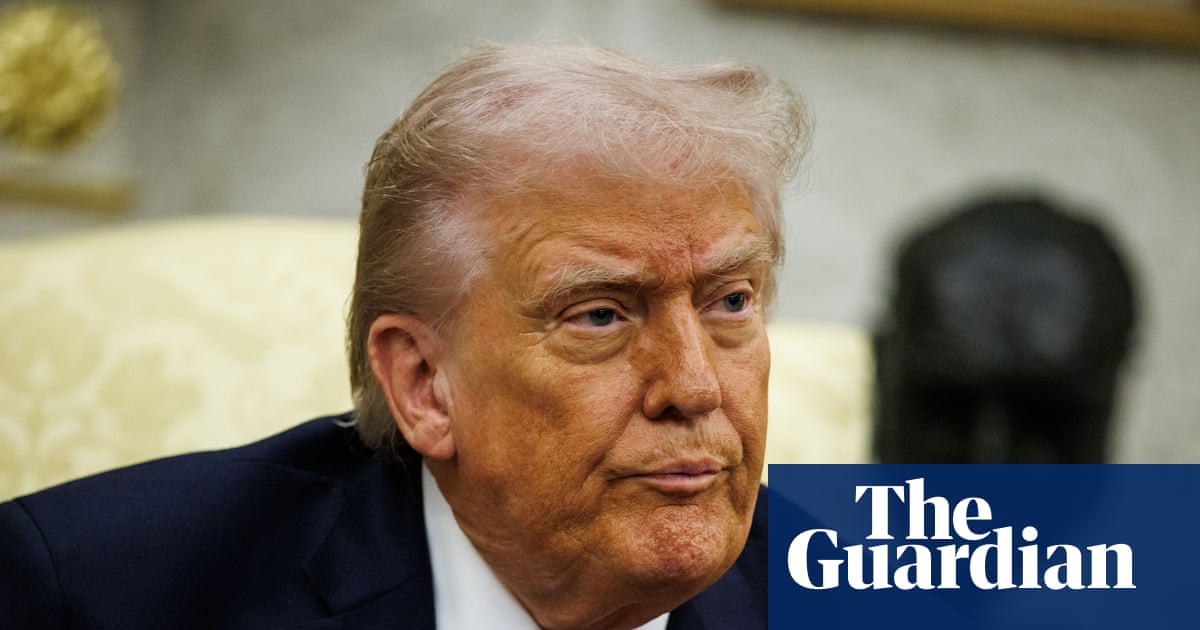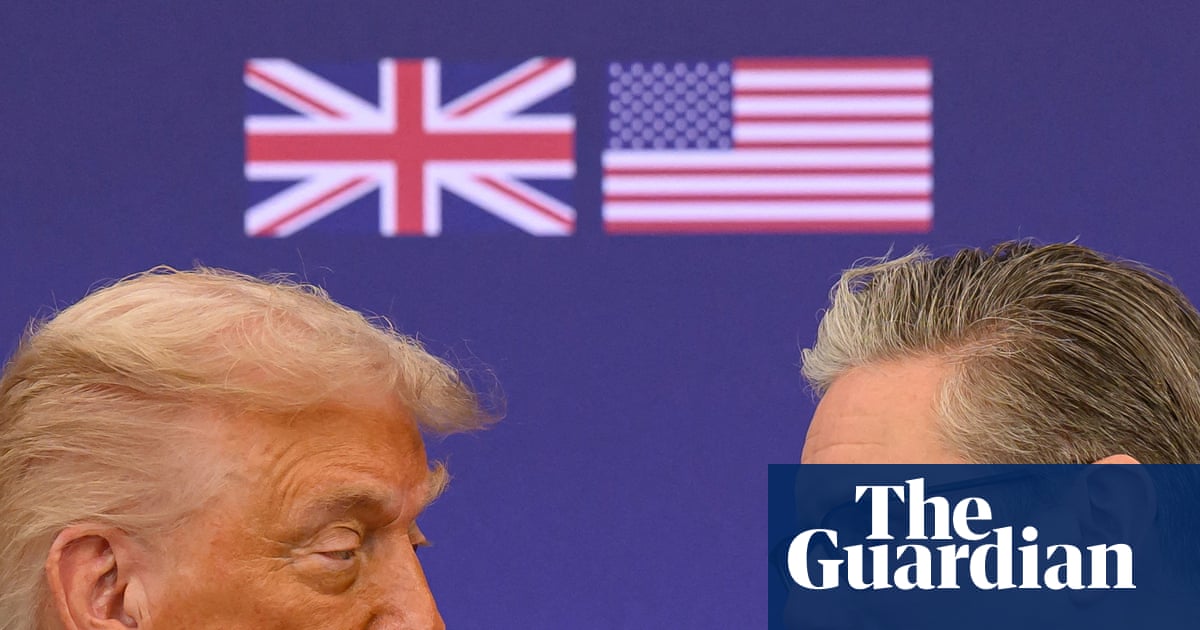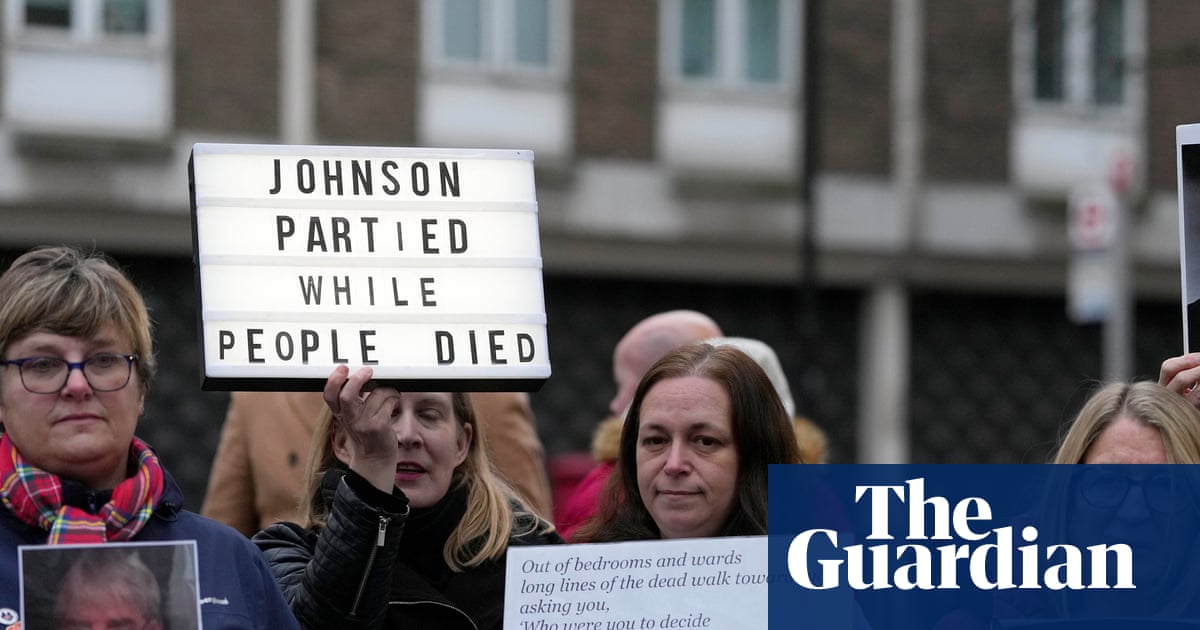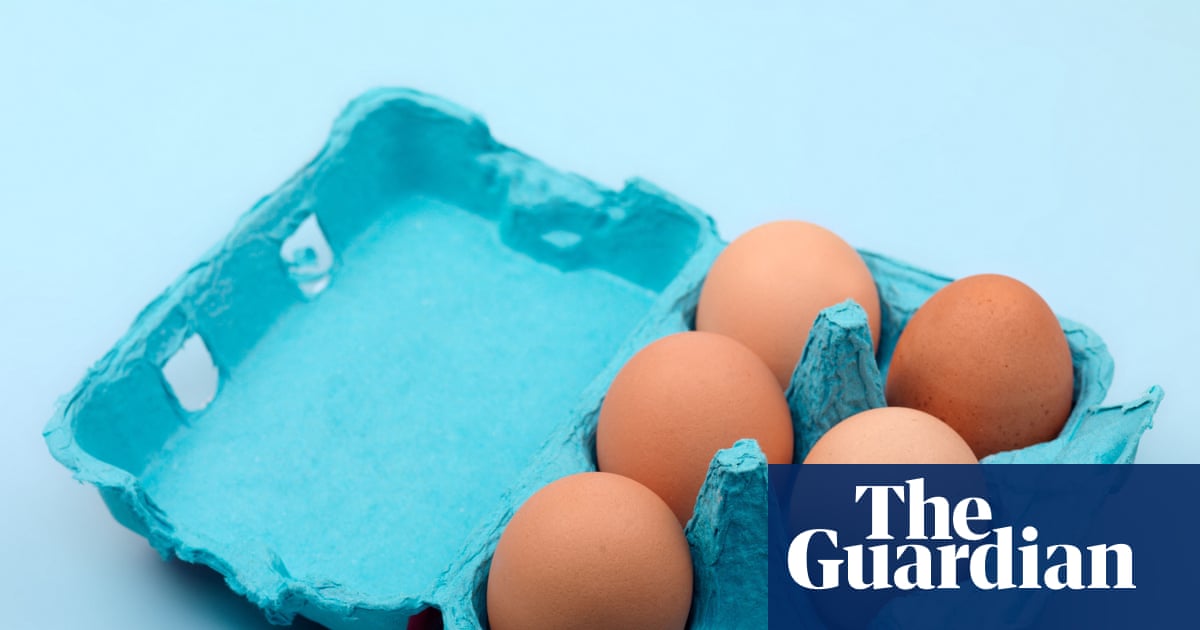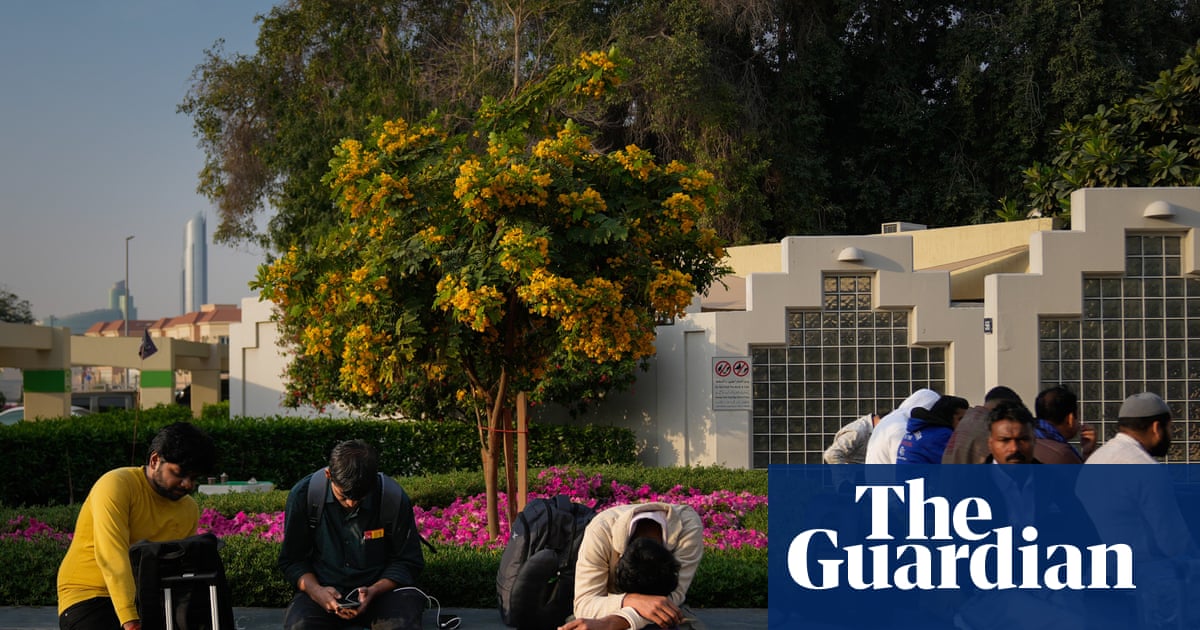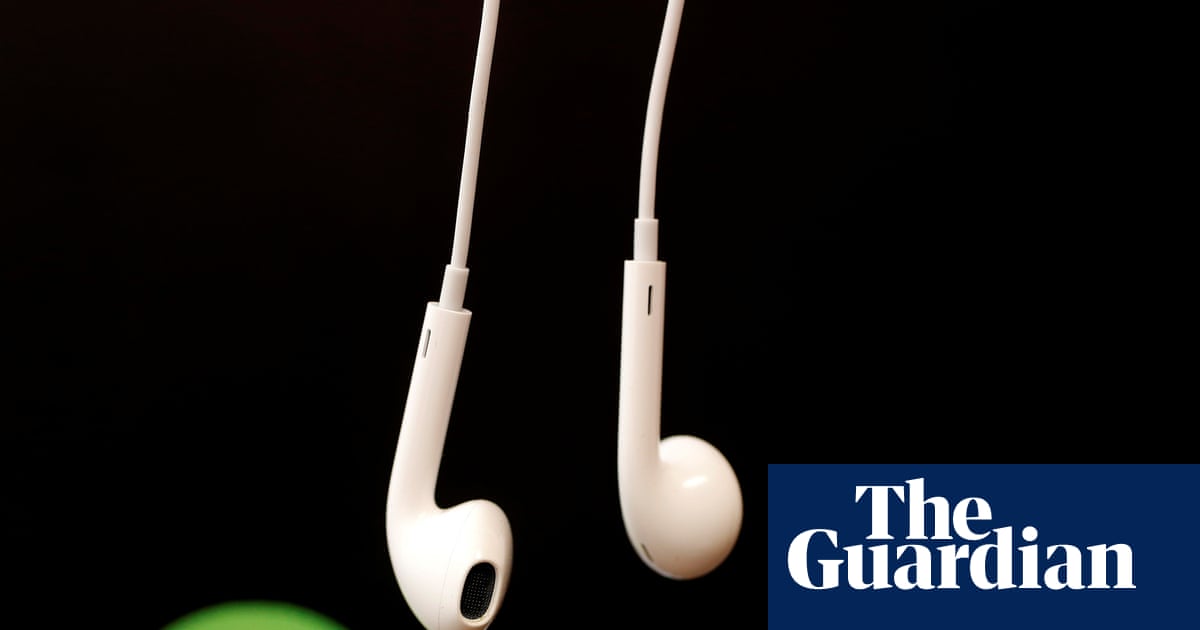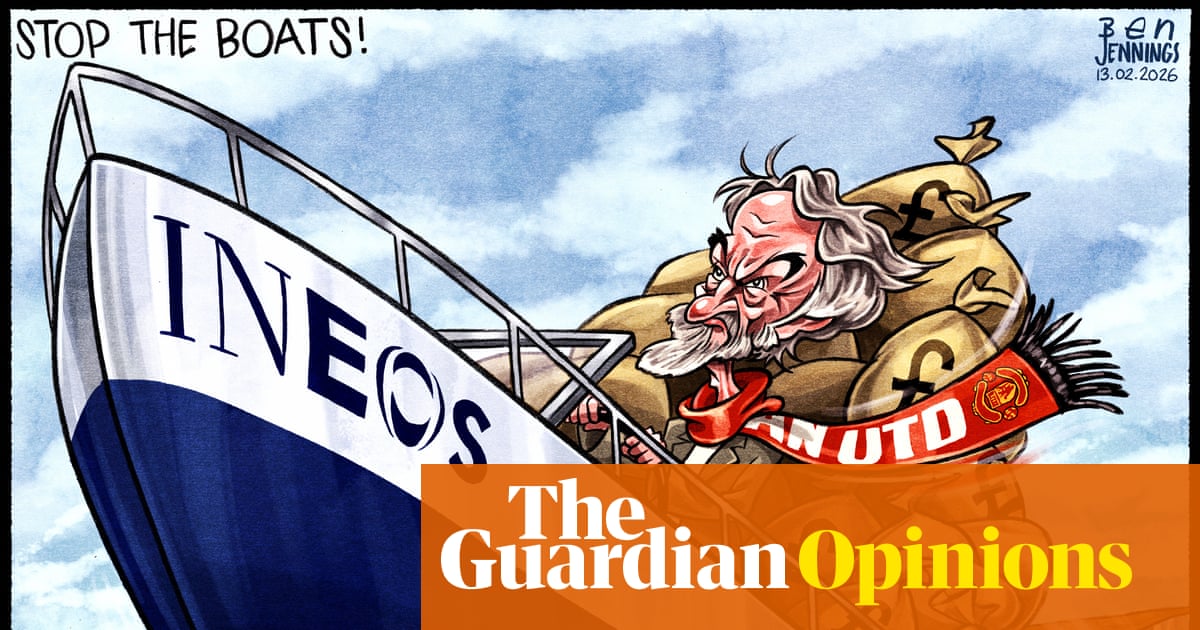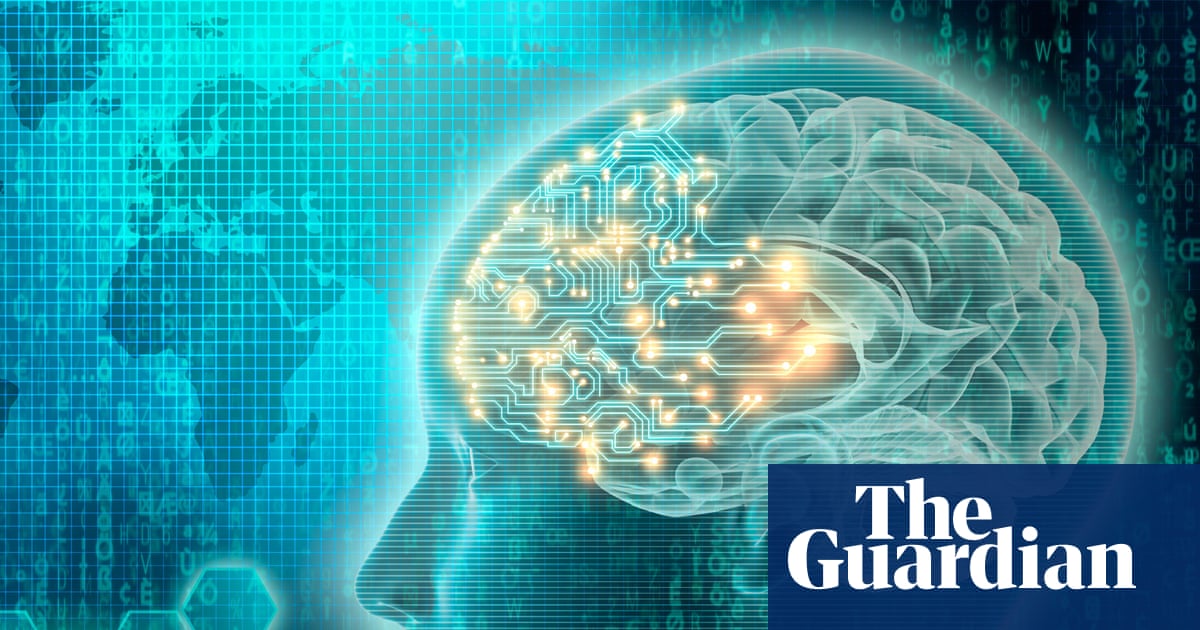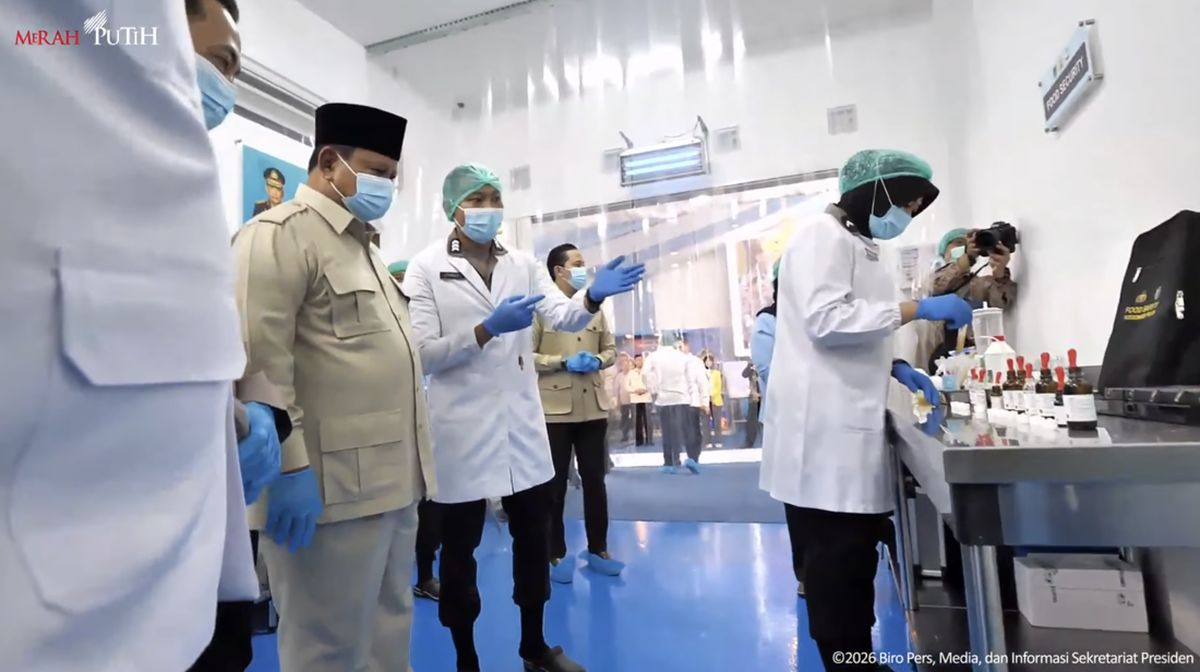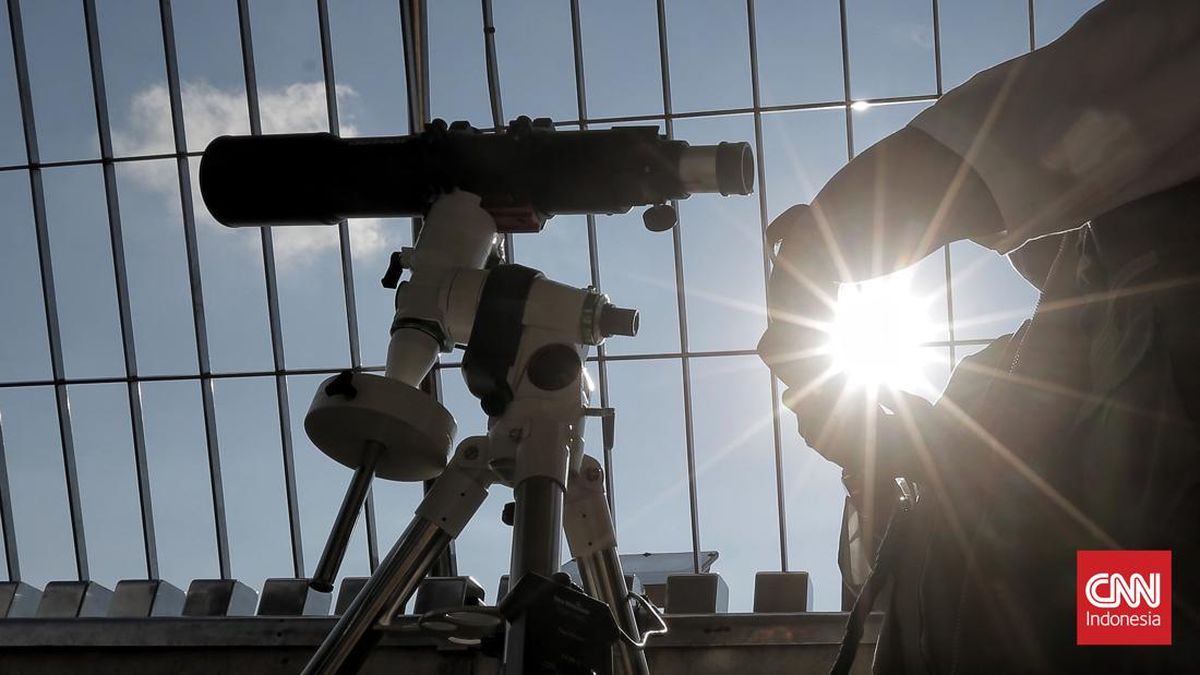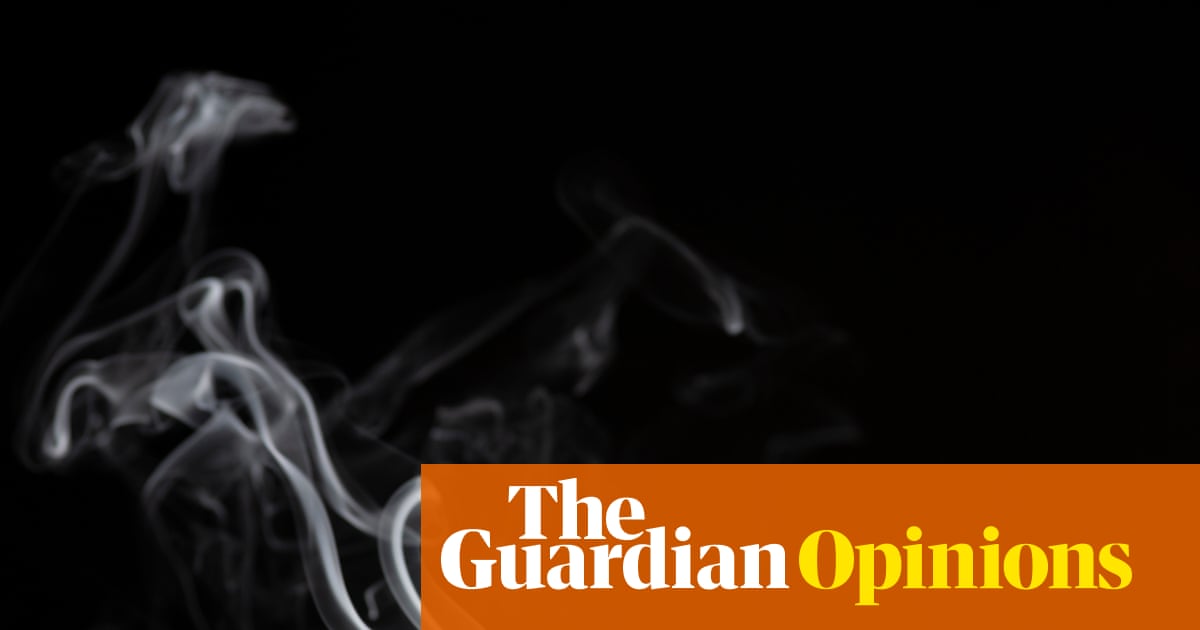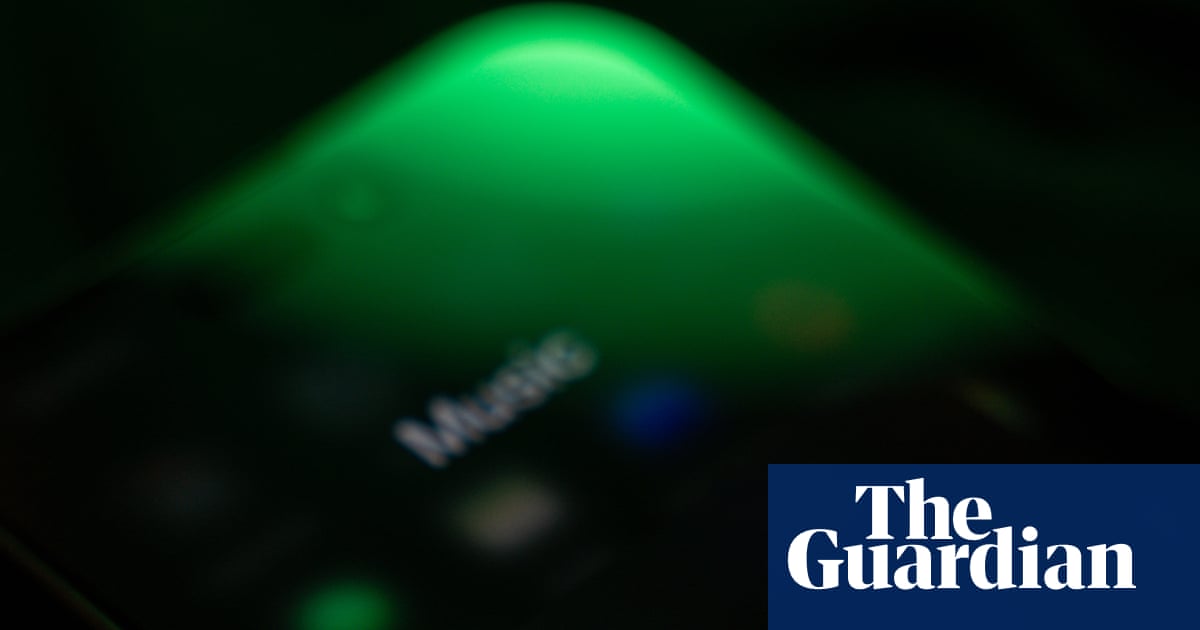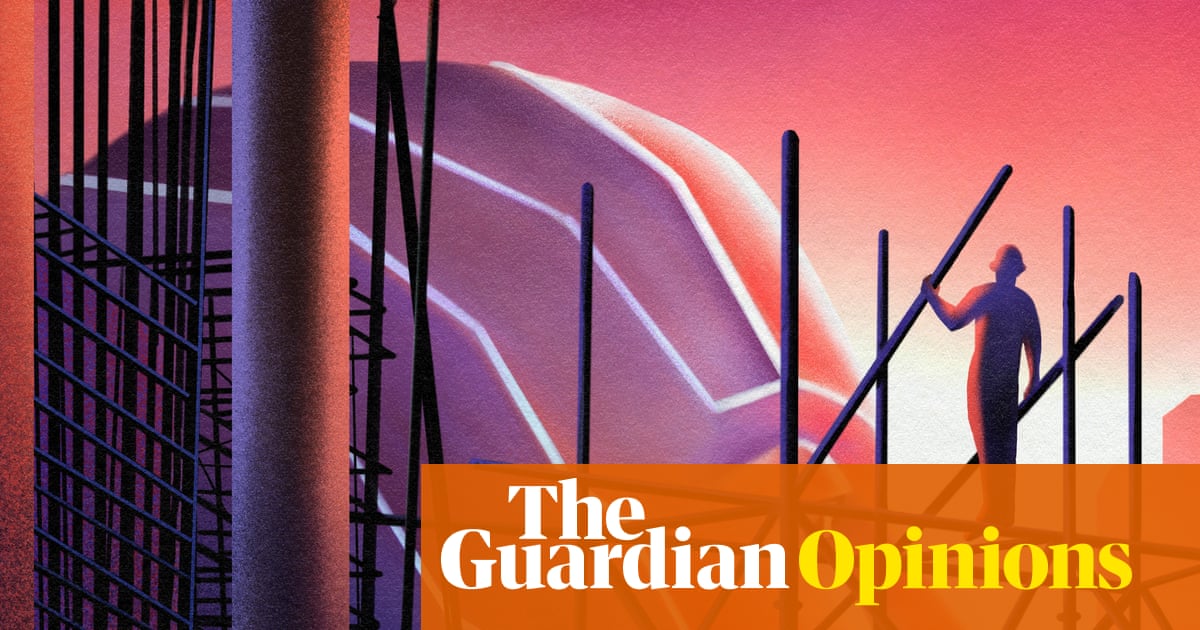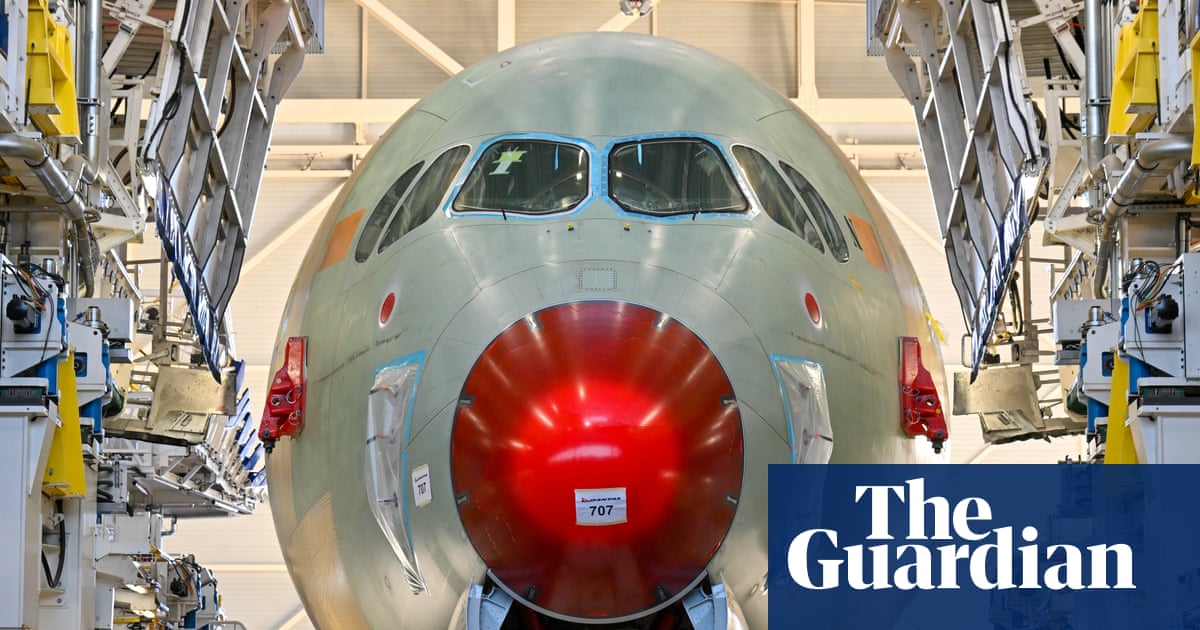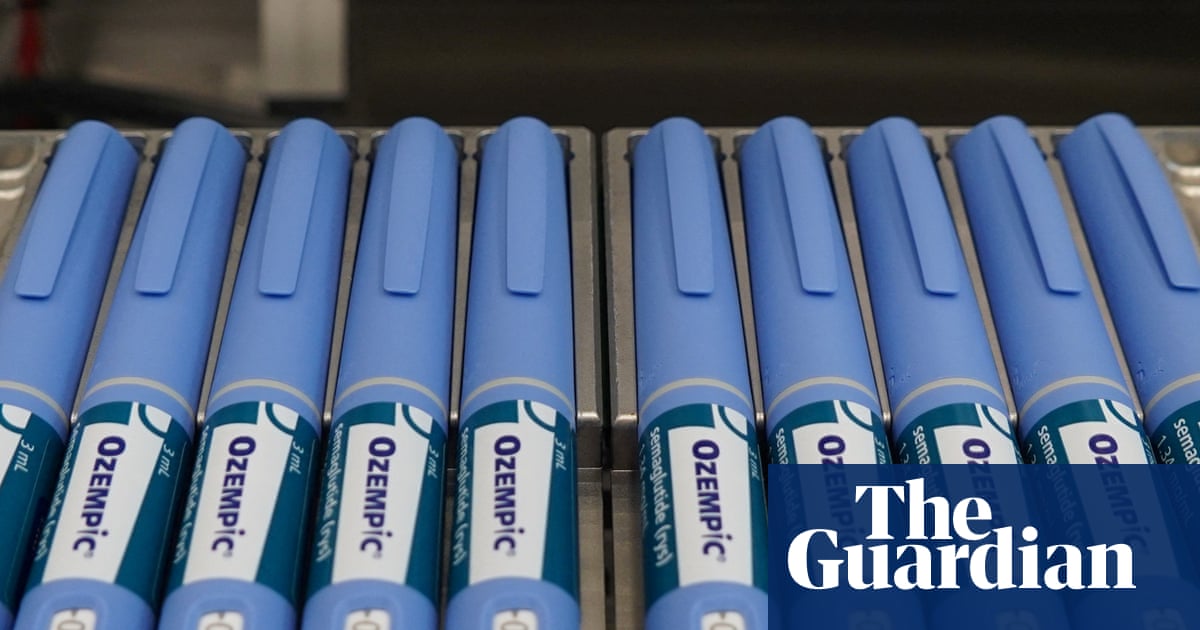When Vickie Wang, a budding standup comedian, gets on stage in New York, she’s not just thinking about what jokes to crack. She’s also thinking about which ones to avoid. “I don’t criticise the administration directly,” she said. Or if she does, she makes sure it’s not recorded for social media. “I would never publicly publish something where I directly criticise the government … I think it’s a learned behaviour from China”.
Wang, 39, lived in Shanghai for nearly a decade, leaving in 2022. In 2025 she relocated to the US. When she arrived, she went on a frenzy of “revenge bingeing on democracy”, going to talks, protests and diving into New York’s public library.
But in the year since Donald Trump was elected as US president for the second time, there has been a “palpable change” in the atmosphere, she says. “In China, I knew where the line was, whereas in the US I’m standing on shifting sands.”
Wang’s fears reflect a new political reality in the US which many Chinese people, or people who have lived in China, find eerily familiar. Enemies are ostracised. The president demands absolute loyalty. Journalists are targeted. Institutions are attacked.
Trump has not been shy about his admiration for Xi Jinping, China’s strongman leader. He has described Xi as a “great guy”. As they agreed a temporary truce in the trade war on Thursday, the bonhomie between the two leaders of countries with diametrically opposed political systems was evident. And after decades of hope in the US that closer ties with China may help the rising power to liberalise, under Trump 2.0, it seems as if the US is being pulled in the Chinese direction, rather than the other way around.
“The United States is undergoing a period of cultural revolution,” said Zhang Qianfan, a professor of constitutional law at Peking University. “The top leader, Donald Trump, is trying to mobilise the grassroots in order to sideline or undermine the elite … similar to what happened in China half a century ago”.
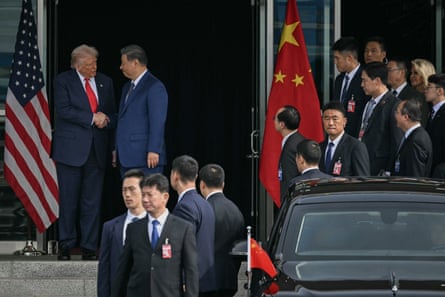
Ever since Trump unleashed the so-called Department for Government Efficiency, or Doge, on the Washington bureaucracy at the start of his term, many in China have viewed US politics through the lens of the Cultural Revolution. Whether it is the mobilisation of the youth to execute the leader’s will, or purging institutions of perceived enemies, Trump as viewed from China has delivered Mao-style chaos to the US, albeit without the same levels of violence.
But since the upheaval of the early months of the new administration has calmed, a new, different kind of political atmosphere has settled in the US, which in different ways also feels familiar to many Chinese people.
‘The lighthouse has become dimmer’
The most profound similarity between Trump’s America and China is the crackdown on free speech.
Deng Haiyan, a police officer turned Chinese Communist party (CCP) critic, found himself in the eye of a storm this year, the likes of which he’d only previously experienced in China. Deng has lived in the US since 2019, having fled China because of harassment from the authorities.
In September, after the death of Charlie Kirk, Deng tweeted that Kirk was a “scumbag”. Like people across the US – many of whom lost their jobs as a result of making negative comments about Kirk – Deng faced a huge backlash. His family was doxed and he was accused of being a Chinese spy seeking to divide the US.
“This incident was a real shock to me. I never imagined that something like this could happen in the United States – something that should only happen in an authoritarian country,” Deng said.
Deng’s pile on came from fellow social media users, rather than the state, but that kind of social surveillance also has similarities with China.
“In terms of going after those who disagree with you and starting to surveil public speech about issues that are sensitive … That’s starting to emerge here,” said Maria Repnikova, an associate professor at Georgia State University. “That’s something that you see in China today as well,” she said, adding that there were now fears in the US of students reporting on teachers, a type of surveillance that has been encouraged by the CCP.
Zhang, the Peking University law professor, said that liberal Chinese intellectuals like himself used to look to the US for political inspiration, in part because openly discussing domestic politics in China is dangerous. But now, “America is no longer some kind of god for Chinese liberals. America’s image has declined across the board”.
“We used to see America as the beacon of constitutional democracy, but after Trump took power, this lighthouse seems to have become dimmer”.
Chinese liberals, who are often, at least in private, critical of China’s political system, are increasingly finding it less objectionable than America’s, Zhang said. “It’s sort of painful to accept this … but after the pandemic the government seems to be doing the right thing in improving the environment and developing electric cars and investing in hi-tech,” Zhang said, while “the West, as represented by the United States, seems to be declining”.
The Trump administration’s acquisition of stakes in US companies has also drawn comparisons with China, where the line between government and private industry is often blurred.
On Monday the US government announced it would become a shareholder in a startup specialising in rare earth processing, after taking similar stakes in other companies it considers vital to national security. The deals have left some investors nervous that the US is entering a new era of government meddling in private industry.
There are still major differences between Trump’s America and China. In October, several news organisations including the Guardian refused to sign to a Pentagon policy that demanded they only report on government-authorised news. US courts have blocked or overturned many of Trump’s actions, something that would be unthinkable in China’s CCP-controlled judiciary.
Isaac Stone Fish, the founder of Strategy Risks, a China-focused advisory firm, said: “The United States could descend into the worst crisis of its history, orders of magnitudes worse than it is now, and it will still be freer, more open, and more liberal than China under Xi.”
Zhang notes that while many intellectuals in China were shocked to see US universities capitulate to government demands regarding diversity and inclusion practices and free speech on campus, in China, the top universities are all state-owned by default. University leaders, which are appointed by the government, “have no liberty of saying no. They can’t afford to be disobedient”.
Still, people in the US are starting to take precautions that were once confined to more authoritarian countries. One professor at a US university who was previously outspoken on US-China issues declined to be interviewed for this article. He said: “The truth is that I am scared of the censorship here: I actually feel less afraid to criticise Xi these days than say anything bad about Trump.”
Additional research by Lillian Yang

 3 months ago
60
3 months ago
60


